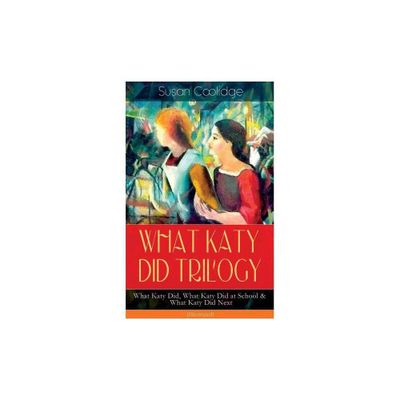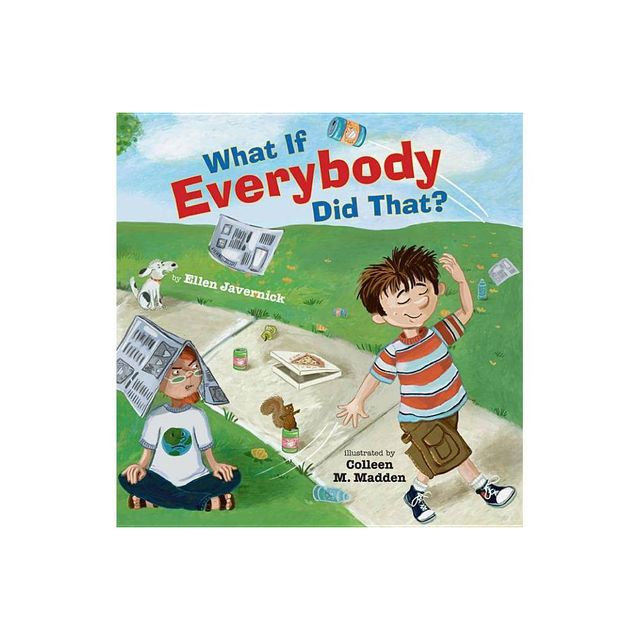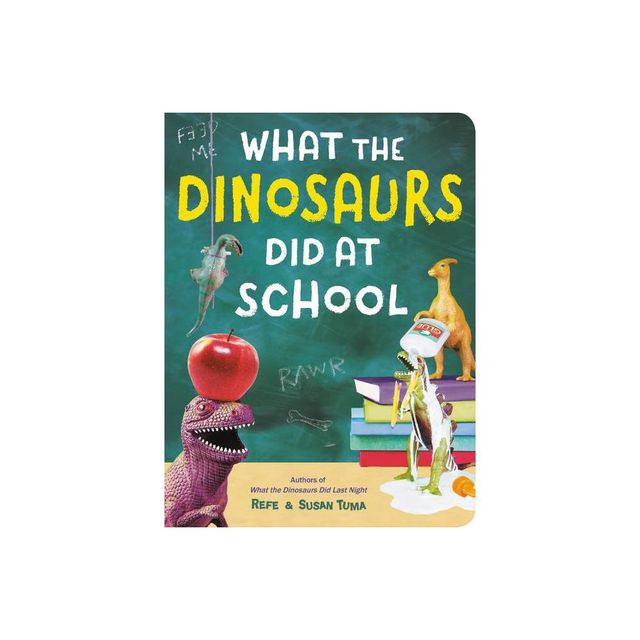Home
Hillbillyland: What the Movies Did to the Mountains and What the Mountains Did to the Movies
Loading Inventory...
Barnes and Noble
Hillbillyland: What the Movies Did to the Mountains and What the Mountains Did to the Movies
Current price: $42.50


Barnes and Noble
Hillbillyland: What the Movies Did to the Mountains and What the Mountains Did to the Movies
Current price: $42.50
Loading Inventory...
Size: OS
*Product Information may vary - to confirm product availability, pricing, and additional information please contact Barnes and Noble
The stereotypical hillbilly figure in popular culture provokes a range of responses, from bemused affection for Ma and Pa Kettle to outright fear of the mountain men in
Deliverance
. In
Hillbillyland
, J. W. Williamson investigates why hillbilly images are so pervasive in our culture and what purposes they serve. He has mined more than 800 movies, from early nickelodeon one-reelers to contemporary films such as
Thelma and Louise
and
Raising Arizona
, for representations of hillbillies in their recurring roles as symbolic 'cultural others.' Williamson's hillbillies live not only in the hills of the South but anywhere on the rough edge of society. And they are not just men; women can be hillbillies, too. According to Williamson, mainstream America responds to hillbillies because they embody our fears and hopes and a romantic vision of the past. They are clowns, children, free spirits, or wild people through whom we live vicariously while being reassured about our own standing in society.
Deliverance
. In
Hillbillyland
, J. W. Williamson investigates why hillbilly images are so pervasive in our culture and what purposes they serve. He has mined more than 800 movies, from early nickelodeon one-reelers to contemporary films such as
Thelma and Louise
and
Raising Arizona
, for representations of hillbillies in their recurring roles as symbolic 'cultural others.' Williamson's hillbillies live not only in the hills of the South but anywhere on the rough edge of society. And they are not just men; women can be hillbillies, too. According to Williamson, mainstream America responds to hillbillies because they embody our fears and hopes and a romantic vision of the past. They are clowns, children, free spirits, or wild people through whom we live vicariously while being reassured about our own standing in society.


















